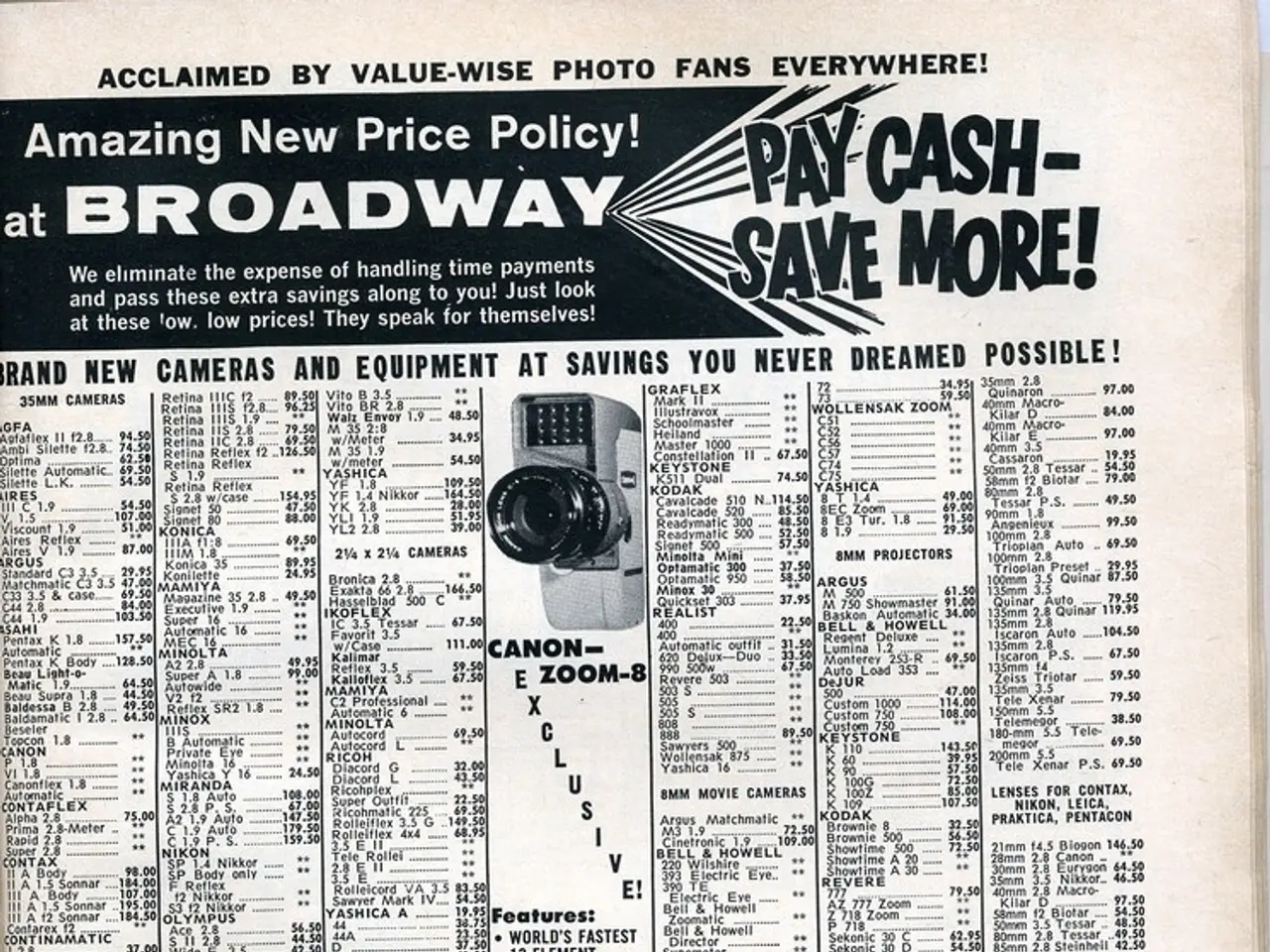A Film Editor's Role and Responsibilities
In the world of filmmaking, the role of a film editor is as crucial as that of a director or an actor. One such editor who has made a significant impact in the industry is Zach Staenberg, known for his work on the Matrix trilogy.
Staenberg's journey began with the first installment of the Matrix series, where he was tasked with working 440 visual effects shots into the film. This number increased for the subsequent films, with 1,100 shots in The Matrix Reloaded and 750 in The Matrix Revolutions.
One of Staenberg's most notable contributions was in the movie "Jarhead" (2005), where he edited a pivotal scene featuring Marine Pvt. Anthony Swofford's first moment in combat. In this scene, Swofford, played by Jake Gyllenhaal, stands up despite artillery fire, and the camera closes in on him. The goal of this addition was to bring viewers into the scene and make them feel what the character felt on the battlefield.
Staenberg's work on the Matrix trilogy earned him an Oscar for "The Matrix" (1999). He worked with a staff of seven, several focused primarily on special effects, to edit the trilogy. Interestingly, Staenberg found himself sorting out footage shot at the same time and location for two different films (Reloaded and Revolutions) — and editing both films simultaneously.
To excel as a film editor, key skills include a strong storytelling ability, creativity, patience, and collaboration skills to work effectively with directors, producers, and crews. Technical expertise with advanced video editing software, such as Adobe Premiere Pro, Final Cut Pro, or Avid Media Composer, is essential, along with attention to detail for precise cuts and transitions. Time management and organizational skills are also important to meet tight deadlines and handle project files properly.
Building relationships is another essential aspect of a film editor's career. Directors often like to keep using the same editors, and being part of a team can lead to more opportunities in the future.
Schools offer classes in directing, cinematography, movie production, as well as film editing. To start, one needs to build a video resume of their work and contacts to get a first job. The Motion Picture Editors Guild may be a place to find an apprenticeship as the first step rung on the editing ladder.
Film editor Walter Murch, an established feature film editor and three-time Oscar winner, is another example of the impact a film editor can have on the industry. His work on films like Apocalypse Now and The English Patient has left an indelible mark on cinema history.
For those aspiring to become film editors, it's important to have technical and artistic movie-making skills, knowledge of the film industry and editing equipment, strong interpersonal skills, flexibility, problem-solving skills, and a commitment to high-quality work and continuing education. Understanding filmmaking equipment, visual and sound quality standards, and post-production workflows enhances the ability to contribute creatively and technically throughout the editing process.
Being a member of organisations like the Motion Picture Editors Guild and American Cinema Editors can also provide valuable opportunities and recognition in the industry. These societies offer honorary memberships, allowing film editors to list "A.C.E." or "M.P.E." after their names in film credits.
With digital editing technology, moving, interchanging, and adding sections of footage, as well as altering or adding animation or special effects to individual frames, is easier electronically. This has opened up new possibilities for film editors to bring the director's vision to life in innovative ways.
In conclusion, the role of a film editor is a challenging and rewarding one, requiring a blend of technical expertise, artistic vision, and collaboration skills. With dedication, hard work, and a passion for storytelling, one can make a significant impact on the world of cinema.
Film editing contributes significantly to the entertainment industry by shaping the final product into a compelling narrative. Zach Staenberg, an esteemed film editor known for his work on the Matrix trilogy, demonstrates this through his intricate edits and strong storytelling abilities.
Being a member of organizations like the Motion Picture Editors Guild and American Cinema Editors provides invaluable opportunities to improve one's skills and gain recognition in this dynamic and creative field of entertainment.







